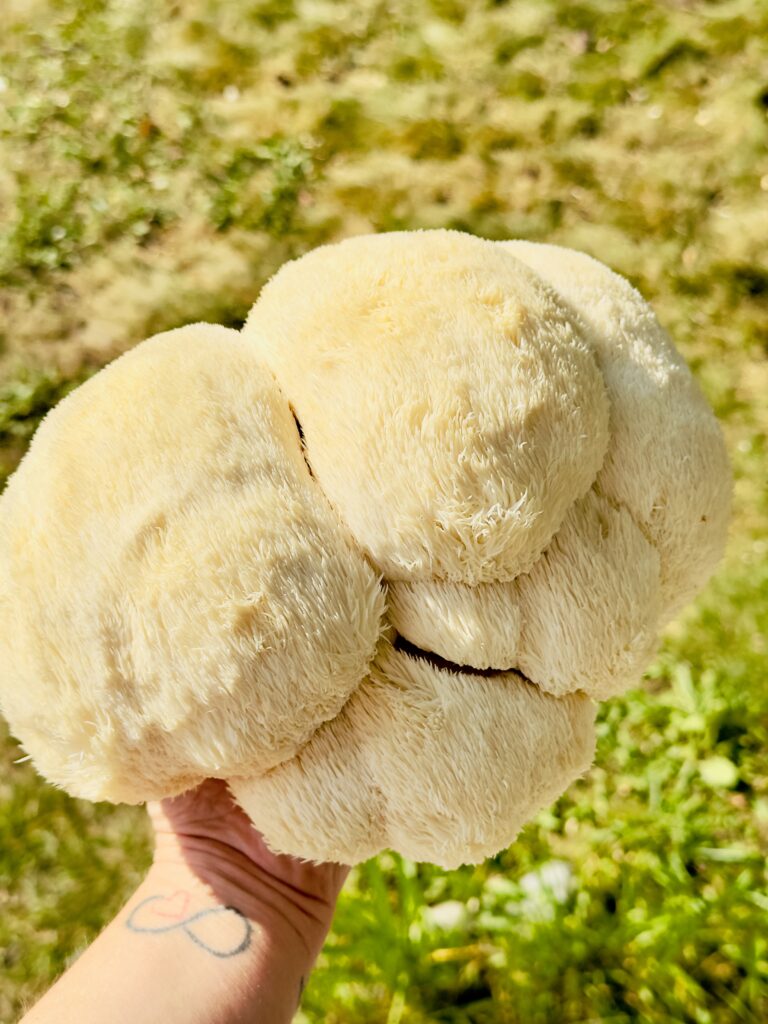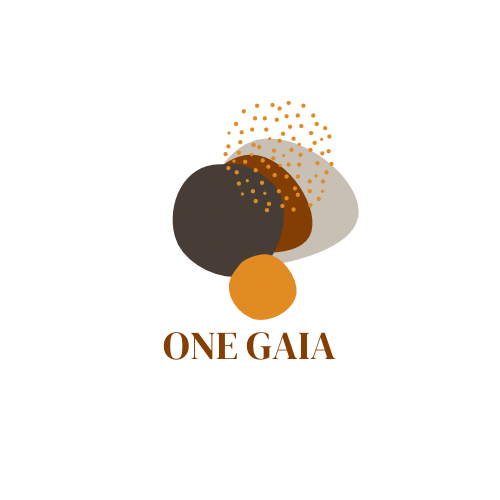
Lion’s Mane mushroom, also known as Hericium erinaceus, is a fascinating fungus with a unique appearance and a wealth of potential health benefits. This incredible mushroom has been used in traditional medicine for centuries and has recently gained popularity in Western cultures due to its numerous health benefits. Not only is Lion’s Mane beneficial for humans, but it also has a positive impact on the environment and Gaia.
Lion’s Mane mushroom is an edible and medicinal mushroom that has been used for centuries in traditional Chinese medicine. It is believed to have neuroprotective properties and is used to treat a variety of ailments. The mushroom grows naturally in North America, Asia, and Europe, and can also be cultivated.
Health Benefits One of the most significant benefits of Lion’s Mane mushroom is its potential to improve cognitive function. Studies have shown that it may help improve memory, focus, and mental clarity. It is also believed to have neuroprotective properties that could potentially help prevent or treat neurological conditions such as Alzheimer’s disease and dementia.
In addition to its cognitive benefits, Lion’s Mane has been shown to have anti-inflammatory and antioxidant properties. It may help reduce inflammation throughout the body, which can lead to a variety of health issues, including chronic pain and autoimmune disorders. Its antioxidant properties may also help protect against oxidative stress and cellular damage.
Environmental Benefits Lion’s Mane mushroom has a positive impact on the environment as well. It is a natural decomposer and plays an important role in breaking down dead wood and other organic matter. This process helps recycle nutrients and keep ecosystems healthy.
Furthermore, Lion’s Mane is also being studied for its potential to reduce water pollution. It has been shown to effectively remove heavy metals from water, which is a significant environmental issue. By using Lion’s Mane mushrooms to clean contaminated water, we can help protect our planet and ensure a healthier future for generations to come.
Ancient History Lion’s Mane mushroom has been used for its medicinal properties for centuries. It is a staple in traditional Chinese medicine and was believed to promote overall health and well-being. It was also used to treat a variety of conditions, including digestive issues, inflammation, and anxiety.
In ancient times, Lion’s Mane was also used as a food source. It has a meaty texture and a slightly sweet taste, making it a popular ingredient in many dishes. Today, it is still used in culinary applications and is becoming more widely available in health food stores and online.
How to Use Lion’s Mane
Lion’s Mane mushroom can be consumed in a variety of forms, including capsules, powders, tinctures, and as a culinary ingredient. Capsules and powders are a popular choice for those who want to enjoy the health benefits of the mushroom without the taste.
For culinary purposes, Lion’s Mane can be sautéed, roasted, or grilled. It has a meaty texture and is often used as a vegetarian substitute for meat in dishes like stir-fry and tacos.
Lion’s Mane mushroom is an incredible fungus with a variety of potential health benefits. It is also an important player in the environment, helping to break down organic matter and clean up water pollution. With its rich history in traditional medicine and its growing popularity in the Western world, Lion’s Mane is a mushroom to keep on your radar for both its medicinal and environmental properties.
~One Gaia
